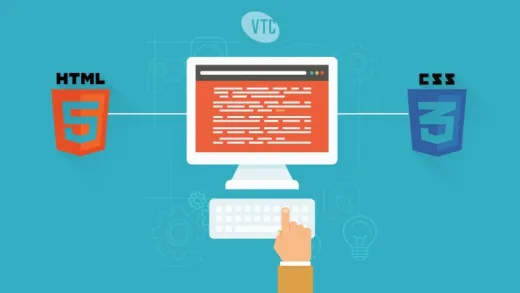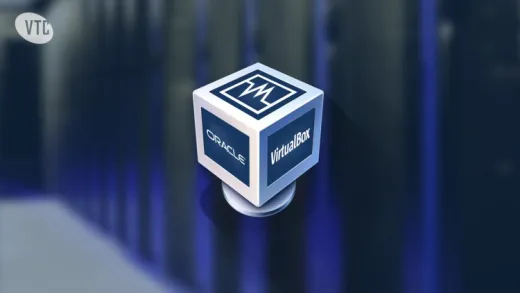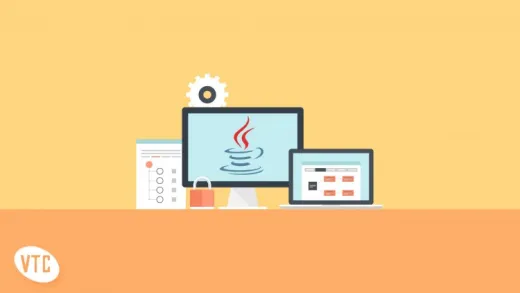Brief Summary
Dive into advanced Java programming with David Saenz. This self-paced course covers key topics like JDBC, RMI, and concurrency, helping you create powerful applications across various platforms. The journey into advanced Java is both practical and engaging, with source code provided for hands-on learning!
Key Points
-
Java is super versatile for building all kinds of apps.
-
This is an advanced course led by David Saenz, a pro in Java.
-
You'll get hands-on with cool stuff like JDBC and RMI.
-
Learn about concurrency and logging for better app performance.
-
The course includes source code to play around with.
Learning Outcomes
-
Master advanced techniques like JDBC and RMI.
-
Gain an understanding of collections and assertions.
-
Improve app efficiency through logging and concurrency.
-
Build cross-platform applications with real-world relevance.
-
Learn at your own pace with comprehensive video material.
About This Course
Harnessing the Power of Cross-Platform, Object-Oriented Application Programming
Java is a powerful language for cross-platform, object-oriented application programming. It can be found in many types of applications such as standalone, web, enterprise, and mobile. Advanced Java Programming is a higher level study of many advanced Java topics including JDBC, RMI, EIO, collections, assertions, logging, and concurrency. This advanced course by seasoned Java Developer David Saenz will demonstrate the power of Java and how to implement cutting edge apps that can perform well in mission critical applications. Source code is included. This title is a self-paced software training course delivered via pre-recorded video. We do not provide additional information outside of the posted content.
Perform advanced techniques within Java, including JDBC, RMI, EIO, collections, assertions, logging, and concurrency.









Al Z.
Provides a good taster and overview of some of java's intermediate features. The information provided is well thought out,clearly presented. and well paced. For an advanced course I would have appreciated some more under the hood insights into the JVM e.g. garbage collection. class loading and initialisation.